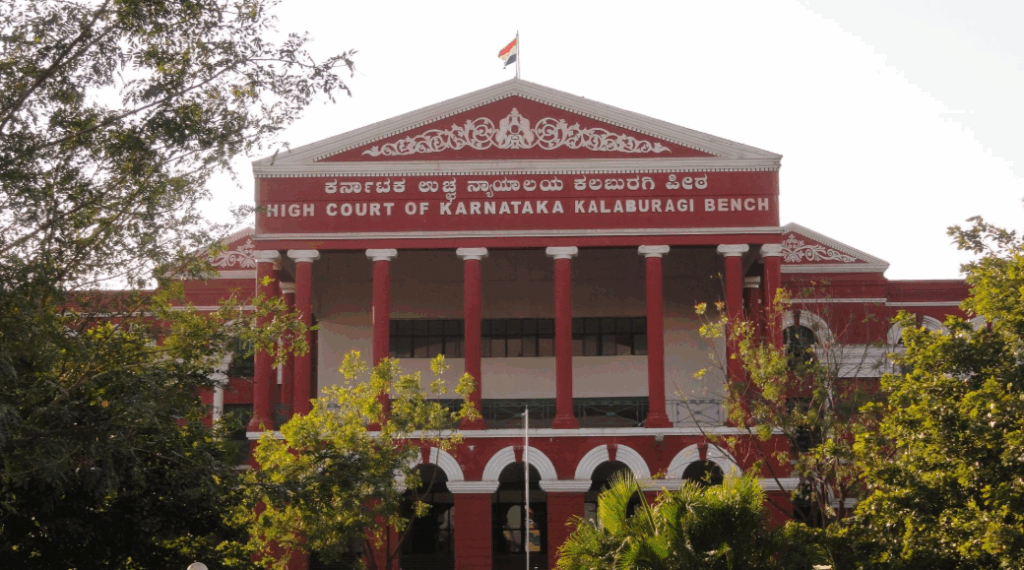Shreya Gupta
On 18th July, 2025, Solicitor General (SG) Tushar Mehta, before the Karnataka High Court, strongly defended the Central government’s “Sahyog” portal, which was established as a mechanism to inform online intermediaries about unlawful content.
The SG argued that the portal was introduced purely for administrative convenience and to streamline communication between government authorities and digital platforms like X (formerly Twitter), enabling quicker and more efficient content moderation. Emphasising its utility, Mehta stated that Sahyog was a non-intrusive and facilitative tool meant to ensure accountability on digital platforms in the face of rapidly evolving online threats.
SG Mehta presented a real-time example to the Court—a fake account on X claiming to be the “Supreme Court of Karnataka.” He stressed that this account, which appeared to be verified, could easily mislead lakhs of users by posting false or misleading information under the guise of a legitimate institution, thereby creating a serious risk to public perception and trust. The Solicitor General made this point before Justice M Nagaprasanna while highlighting the vulnerabilities inherent in unregulated digital communication.
Senior Advocate KG Raghavan, appearing for X Corp, strongly opposed the move, calling it unfair and one-sided. He argued that before making such a demonstration, X Corp should have been given a fair chance to verify the claims and respond appropriately. Emphasizing that anonymity isn’t something unique to the internet, Raghavan also questioned the accusation that the fake account had been verified by X Corp. He clarified that the account in question had already been suspended by the platform and, contrary to the allegation, had never been verified to begin with. Reiterating X Corp’s commitment to responsible conduct as an intermediary, he stressed that as soon as the issue was brought to their notice, prompt and appropriate action was taken.
Beyond this example, the SG raised broader constitutional and legal questions about the maintainability of X Corp’s petition. He contended that as a foreign, artificial entity, X Corp could not claim protection under Article 19(1)(a) (freedom of speech and expression) or Article 21 (protection of life and liberty) of the Indian Constitution.
Mehta also criticized the invocation of the “chilling effect” argument by the petitioner, suggesting that the term was being overused without substantive reasoning. He pointed out that the Sahyog portal does not compel content takedowns but merely informs platforms of unlawful material; if the platform chooses not to act, it simply loses its “safe harbour” protection under the law.
Further, in his written submissions, SG Mehta argued that the real threat to free speech did not come from the State but from powerful private corporations like X Corp, which have the ability to shape discourse without accountability. The case thus raises vital questions about the balance between digital freedom and regulatory oversight, intermediary liability, and the constitutional rights of foreign corporations operating in India.
The High Court is scheduled to continue hearing the matter on June 25, when X Corp is expected to present its rejoinder submissions.
Instagram: Click Here
LinkedIn: Click Here
For Collaboration and Business: info.desikaanoon@gmail.com

